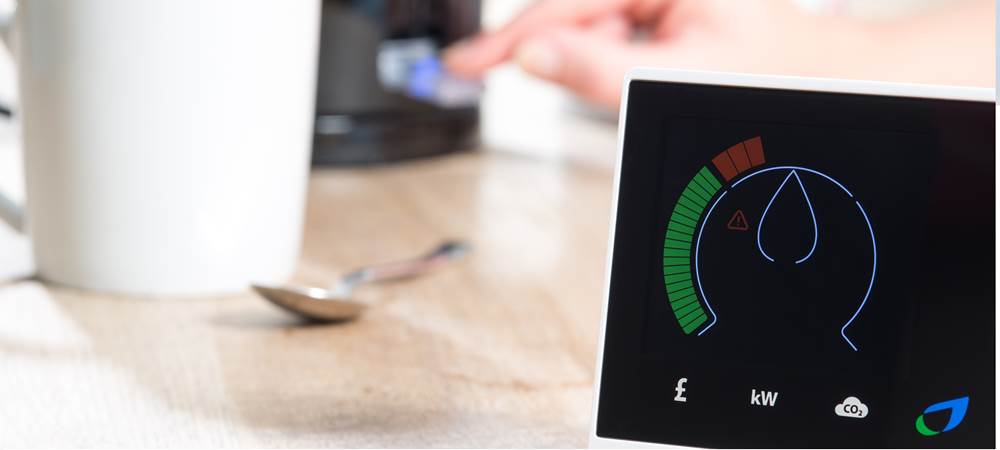
The pros and cons of smart meters: could it help you?
You received a letter recently suggesting you switch to a smart meter for your property.
A smart meter is designed to track patterns regarding your energy consumption, with readings wirelessly transmitted to your energy supplier. The meter normally also has an in-home display which shows how much gas and electricity has been used in the past hour and month, as well as the amount of money that has been spent.
With the UK Government telling energy companies to install smart meters in the majority of properties in the next four years, we take a look at the pros and cons of the gadget.
Pros of smart meters
Bills made easier
Due to the tracking nature of the smart meter, there will be an end to bills from estimated readings: this means you will only pay for what you use – and you won’t need to send your readings to the supplier to check you are being charged the correct amount.
It has been suggested that after 2020, energy suppliers will be able to offer you tariffs based on your own usage.
Clearer understanding of how – and when – you use energy
The in-house display panel of the smart meter, mentioned above, provides a real-time display of how much energy you are using. As you complete even a simple task such as boiling the kettle, you will be able to see exactly how you are using energy, which can help you to understand how to save energy – and money. You can instantly see the benefit of using less water in the kettle for a quicker boil, or turning a TV off rather than on standby.
Easy to switch supplier
With smart meters, it will be easy to switch between energy suppliers. Suppliers will have to ensure the installed meters can be used by the customer if they move to a new provider, with the same level of functionality provided.
Cons of smart meters
Data concerns
Your energy company should only be able to access the data it needs to calculate your bill, with suppliers needing to get permission if they want to use data for marketing reason.
However, the use of smart meters means that the energy company will now have an unprecedented view of energy usage for each customer – meaning that security breaches could pose a risk to personal data.
Call me paranoid, but more and more appliances are monitoring us. Are we sure we are happy with third party security of our details? Hacking and malware are a concern.
Fitting the meter
For many, the process of fitting the smart meter can be simple – an engineer will come to your home to remove your old gas and electricity meters and replace them with new smart meters, which will sit in the same place as the old meters. If they need to be fitted elsewhere, the engineer will ask permission.
The problem can be in older houses – of which there are a fair few in Aberdeen. The installation process can be a longer process if the two meters are in different places, perhaps out of the way e.g. high up in hall cupboards.
In my experience, tradesmen in the home is seldom a straightforward experience.
Costs versus savings
By providing exact bills, and showing when energy costs are highest, it will make it easier for people to be able to save money.
However critics suggest that savings are likely to only be made in the short term, as old habits tend to die hard: the first few months may see you making a lot of savings, but two years in, there is a likelihood we will all go back to our old ways.
While there is no upfront cost for a smart meter, it will be absorbed into your bill. Most suppliers are adding an average of £6 a year to energy bills to cover the cost. If you ask me, most of us will turn the heating up when it is cold, leave the lights on, out of habit, and resume our profligate ways. Some of us may end up terrified to turn anything on as the meter will simply be an unwelcome reminder of the ever increasing utility charge.
You are not legally obliged have a smart meter installed, and you have the right to refuse one.

